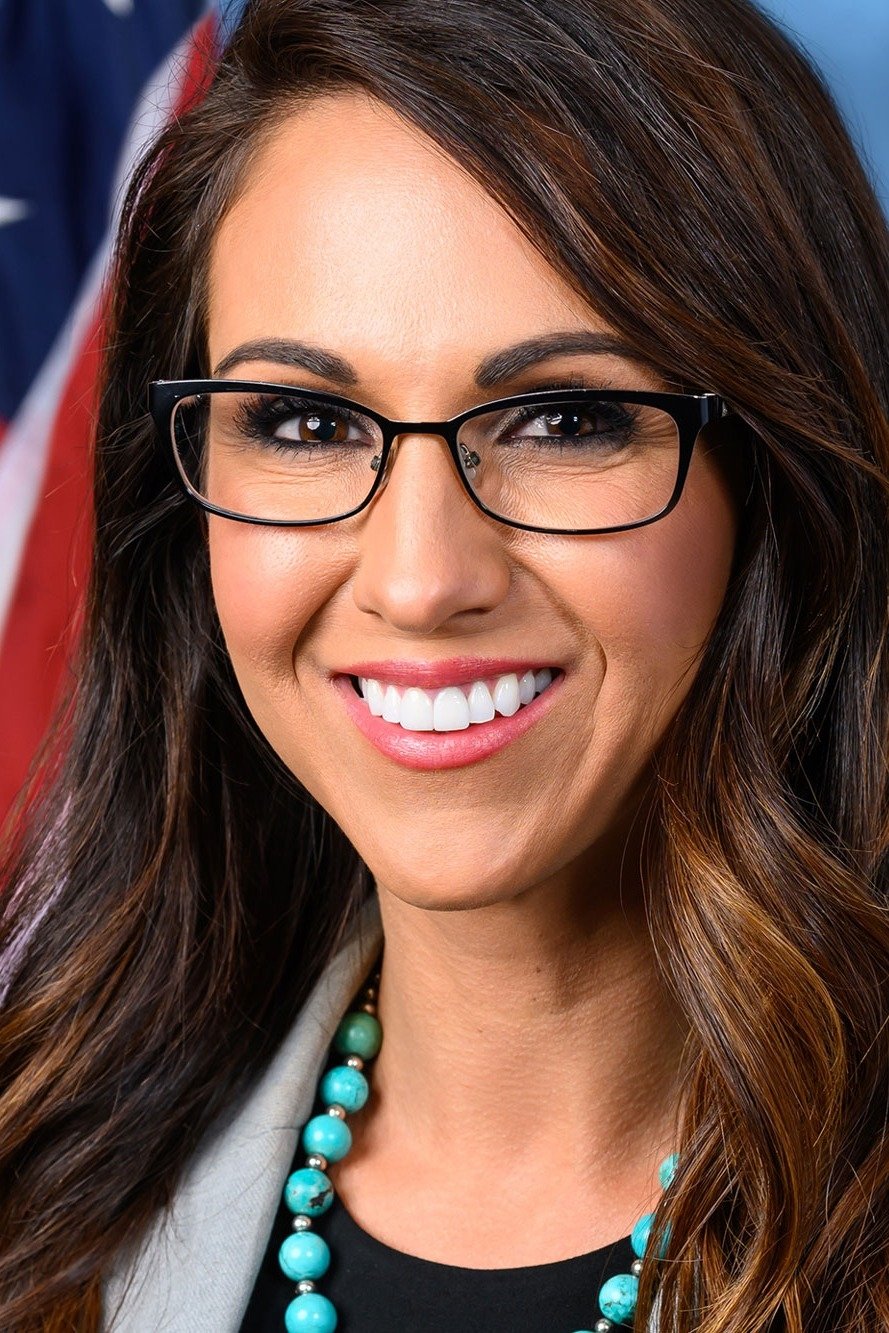Political discourse in the United States is often a battleground of ideas, personalities, and policies. Among the many political figures who have captured national attention, Lauren Boebert and Tim Walz stand out for their contrasting styles and ideologies. Their interactions, both direct and indirect, reflect broader debates within American politics today. This article delves into the dynamics between these two politicians, exploring how their public exchanges shape perceptions and influence political narratives.
The showdown between Colorado's Lauren Boebert and Minnesota's Tim Walz has become emblematic of the current state of U.S. politics. As representatives from different sides of the aisle, they embody distinct approaches to governance and communication. Through their public statements and actions, each seeks to define the issues that matter most to their constituents while critiquing the other's stance. Understanding this dynamic provides insight into contemporary political discourse and its implications for the nation's future.
Boebert Challenges Walz on Crime Rates Amid Election Results
Lauren Boebert, known for her outspoken nature, recently took aim at Governor Tim Walz during a heated exchange over crime rates in Minnesota. Her comments came shortly after the official results of the Douglas County General Election were announced, where she narrowly won with 48.23% of the vote against Trisha Calvarese’s 47.66%. In her critique, Boebert accused Walz of presiding over rising crime rates in cities like Detroit and Milwaukee, pointing fingers directly at his leadership style as contributing to urban decay.
However, Boebert's accusations did not go unchallenged. Critics quickly pointed out discrepancies in her claims regarding crime statistics, arguing that such figures are influenced by numerous factors beyond any single governor's control. Moreover, detractors highlighted Boebert's own controversial moments, including recent tweets made during her son Tyler's court proceedings, which some viewed as inappropriate given the sensitive nature of the case. These incidents served to further polarize opinions about her character and credibility.
Despite the backlash, Boebert remains steadfast in her beliefs, continuing to voice strong opposition against what she perceives as ineffective Democratic governance under leaders like Walz. Her resilience underscores the intense ideological battles shaping modern American politics, where every word carries potential consequences far beyond initial intentions.
Walz Faces Criticism but Stands Firm Amidst Political Turmoil
Governor Tim Walz faced significant scrutiny when Representative Lauren Boebert criticized him publicly for allegedly avoiding questions concerning hostage situations in Gaza. According to Boebert, Walz demonstrated cowardice by fleeing media inquiries instead of addressing pressing international issues head-on. Such allegations fueled ongoing debates around leadership qualities necessary for higher office, particularly amidst turbulent global events.
Supporters of Governor Walz defended his actions, emphasizing the complexities involved in responding to geopolitical crises without adequate context or information. They argued that responsible governance requires careful consideration before making public statements, especially in high-stakes scenarios involving human lives. Furthermore, they noted that Walz consistently prioritizes thoughtful deliberation over impulsive reactions—a trait valued highly among constituents seeking stability amid uncertainty.
In response to mounting pressure, Walz reiterated his commitment to transparency and accountability, inviting open dialogue with all stakeholders regardless of political affiliation. By maintaining composure and focusing on constructive solutions rather than inflammatory rhetoric, he aims to bridge divides within his state and across party lines, showcasing an alternative approach to leadership characterized by empathy and collaboration.
Exploring Broader Implications of Their Exchange
Beyond personal attacks and policy disagreements, the interaction between Lauren Boebert and Tim Walz highlights deeper tensions within America's political landscape. As representatives of opposing factions, their clash symbolizes the growing divide between conservative populism championed by Boebert and progressive liberalism embodied by Walz. Each side accuses the other of undermining democratic values through divisive tactics designed solely to gain electoral advantage.
This widening chasm poses challenges for bipartisan cooperation essential for effective governance. Without mutual respect and willingness to engage constructively, resolving critical issues affecting millions becomes increasingly difficult. Consequently, citizens must remain vigilant in holding elected officials accountable for fostering inclusive environments conducive to meaningful progress.
Moving forward, both Boebert and Walz face crucial decisions determining whether they will contribute positively toward healing fractured relationships or exacerbate existing rifts. Ultimately, their choices will help determine the trajectory of American democracy moving forward, underscoring the importance of thoughtful engagement over mere spectacle in our increasingly polarized world.

